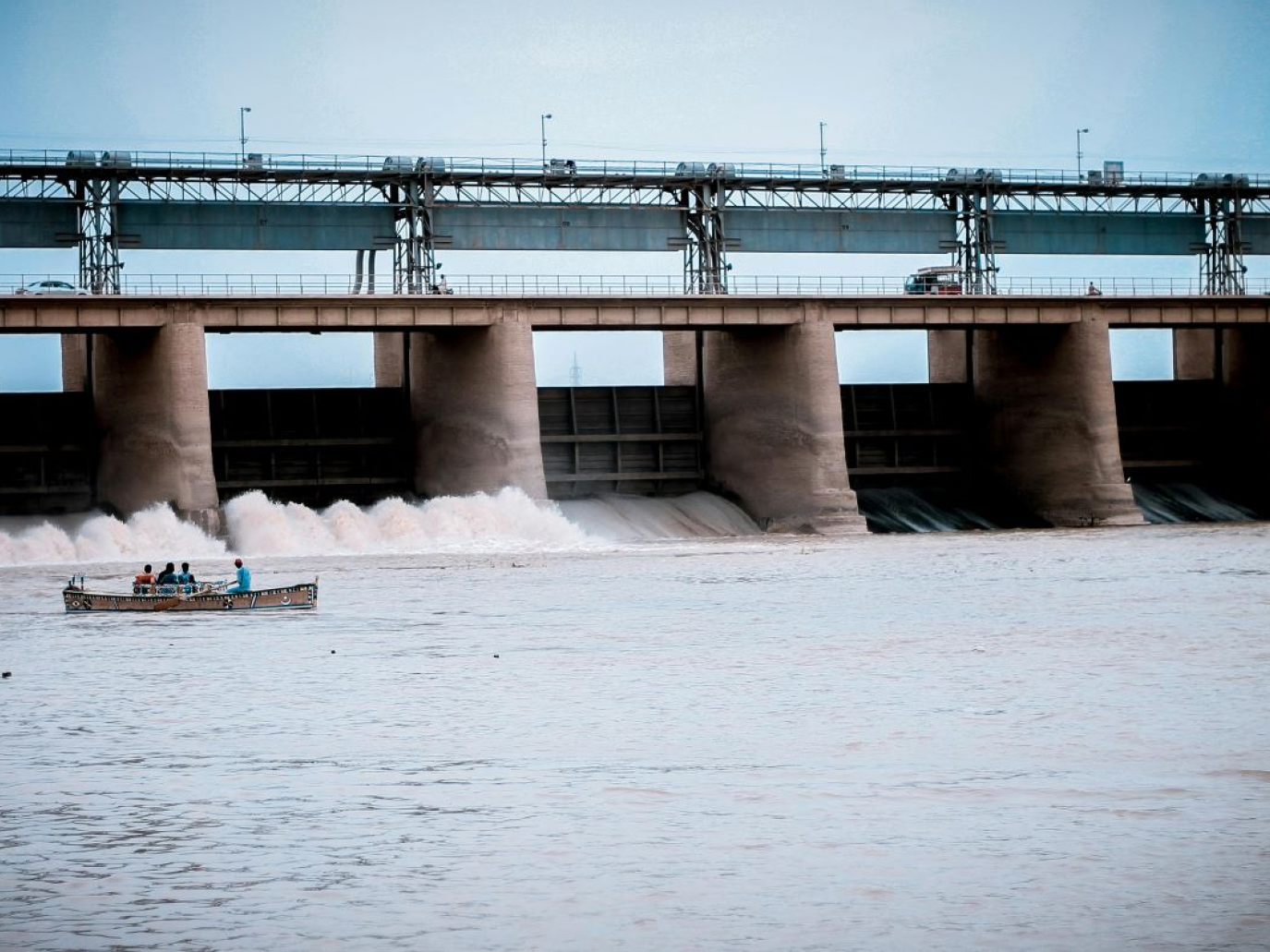This article is also available in Italian / Questo articolo è disponibile anche in italiano
It took years of painstaking diplomacy, technical negotiation, and political compromise to broker the Indus Waters Treaty (IWT). Signed in 1960 after protracted talks mediated by the World Bank, the agreement was not a minor achievement, but rather a hard-won framework designed to manage one of the world's most complex and vital river systems, even as India and Pakistan remained locked in deep political and military hostility. For more than six decades, the treaty endured, a rare example of durable cooperation between bitter rivals.
Today, that achievement is being recklessly discarded. India’s recent threat to cut off Pakistan’s water supply in retaliation over Kashmir represents not just a collapse of bilateral trust, but a far more alarming shift: the weaponisation of water in a rapidly fragmenting global order. It is a move that reflects the erosion of international law, the rise of unilateralism, and the growing willingness of states to abandon negotiation in favour of raw power.
The Indus Waters Treaty divided the six rivers of the Indus system: the three eastern rivers (Ravi, Beas, Sutlej) allocated to India, and the three western rivers (Indus, Jhelum, Chenab) to Pakistan. By granting each side sovereignty over different parts of the basin and limiting interference with shared flows, the treaty avoided the endless disputes that plague so many other transboundary river systems. It survived wars, territorial disputes, and decades of mutual suspicion because both countries recognised that the alternative – chaos over water – was far worse. That recognition now seems to be slipping away.
India’s vow to suspend or undermine the treaty signals a dangerous willingness to set aside binding international commitments for immediate political gain. This is not an isolated case, as around the world we are witnessing the disintegration of the post-war international system: from Russia’s invasion of Ukraine to the collapse of climate accords, from assaults on humanitarian law in Gaza to the erosion of trade rules. Treaties are increasingly treated as inconveniences rather than obligations.
The Indus threat fits this pattern precisely. India may not yet have the infrastructure to capture or divert all of the western rivers’ water (dams and reservoirs of sufficient scale would take years to build), but the signal is unmistakable: resources that were once managed cooperatively are now seen as tools of coercion.
Climate change adds a dangerous accelerant to this already volatile situation. The Indus basin is one of the world’s most vulnerable to global warming. Its flows are heavily dependent on Himalayan glaciers, which are retreating at alarming rates. In summer, melting snow and ice ensure relatively abundant flows, but as autumn and winter approach, volumes drop sharply.
For Pakistan, which relies on the Indus for over 90% of its agricultural water, any reduction in flow outside of the summer melt season could be devastating. Viewed through this lens, India's actions might be understood - though not justified - as a form of climate pre-emption: a bid to secure future water supplies in a harsher, more competitive world. Yet it is precisely in the face of such pressures that international cooperation must be strengthened. Climate change demands more multilateralism, not less. If resource nationalism becomes the norm, no river basin and no international agreement will be safe.
For Pakistan, the implications are dire. Disruptions to Indus flows would devastate crops, displace populations, and heighten internal instability. But the repercussions will not stop there. If the Indus Waters Treaty can be dismantled so easily, it will set a precedent for the breakdown of water-sharing agreements on the Nile, the Mekong, and elsewhere.
The slow erosion of trust in international water law would give way to a world where the strong take what they can, and the weak are left to scramble. There is still a narrow window to step back. India can reaffirm its commitment to the treaty, international mediators can push for dialogue, and legal mechanisms can be reactivated. But the longer the threat hangs in the air, the more fragile the entire edifice of international water governance becomes.
The Indus River has sustained civilisations for millennia. It once symbolised the possibility of peace through compromise. To turn it now into an instrument of conflict is a grim milestone in the collapse of the global order, especially between two nuclear-armed states, where the risks of escalation could be catastrophic not just for South Asia, but for the world.
Cover: Kotri Barrage on Indus River, Jamshoro, Sindh, Pakistan, pic by Ali Madad Sakhirani, via Pexels



